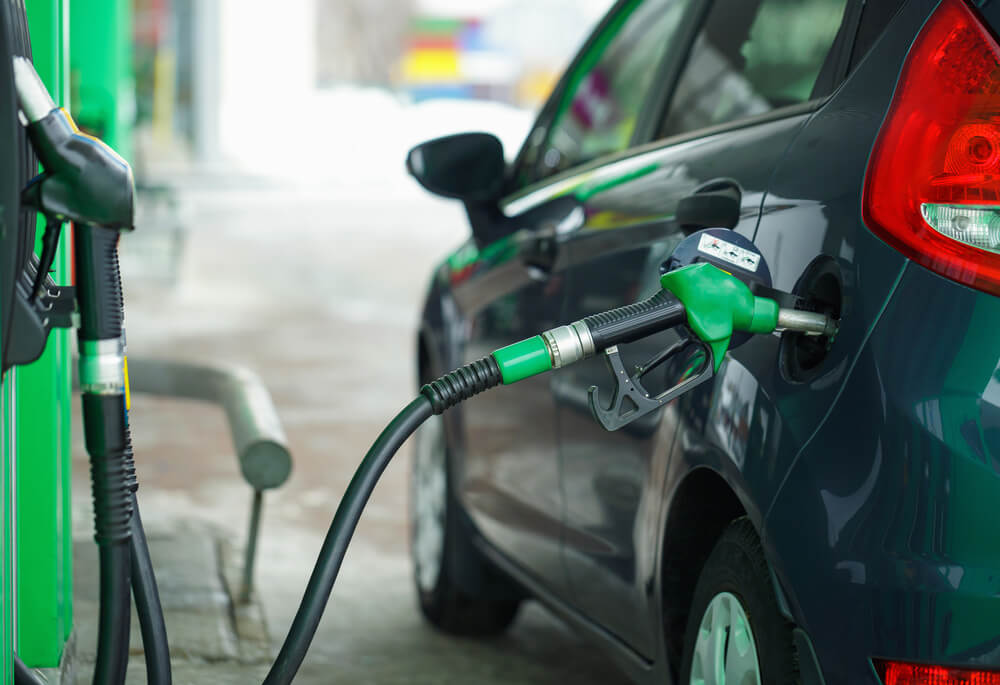
Porsche Agrees $80m Settlement Due to Emissions Tampering and Fuel Economy
After the 2015 Dieselgate scandal shone the spotlight on the Volkswagen Group, the German carmaker is in the hot seat once again after it agreed to a settlement for a class-action lawsuit against Porsche. The lawsuit is linked to the diesel emissions scandal, alleging that the carmaker masked its real emissions levels and mileage.
Originally filed in a San Francisco, California US District Court, the lawsuit covers Porsche vehicles, over 500,000 of them, which were manufactured and sold between the years 2005 and 2020. The list specifically includes Sport+ and Fuel Economy Class Vehicles, among other Class Vehicles, including the following Porsche models:
- 982
- 981 I
- 987 I
- 987 II
- 991 I
- 991 II
- 997 I
- 997 II
- E1 I
- E1 II
- E2 I
- E2 II
- G1 I
The $80 million (£73.67 million) settlement is intended for former and current lessees and owners, with each one poised to receive compensation totalling anywhere between $250 (£230.23) and $1,109 (£1,021.32).
Allegations that Porsche used a defeat device first surfaced after an internal whistleblower tipped the feds that one of the carmaker’s gas-powered vehicles falsified emissions levels. After Porsche authorities passed their findings to US and German regulators, the class-action lawsuit was filed.
Aside from the legal action, Porsche is also required to recall Sport+ and other affected models so these can be repaired and provided with an emissions-compliant software update. Car owners are expected to receive an additional $250 (£230.23) as compensation for the time and expenses consumed during the process.
Although the Volkswagen Group and Porsche agreed to the settlement, they continue to deny the allegations and firmly remarked that the settlement does not mean admission of guilt.
The VW Dieselgate scandal
The Volkswagen Group first encountered US authorities in September 2015 when the California Air Resources Board and the EPA or Environmental Protection Agency called on the manufacturer for their alleged use of defeat devices. The vehicles in question were VW and Audi diesel cars and vans sold across the United States.
A defeat device is used to detect when a vehicle goes into regulatory testing so its emission levels can be kept at levels within the mandated limits of the World Health Organization (WHO). Authorities are tricked into believing it’s a fuel-efficient vehicle that’s environmentally safe. In reality, though, the vehicle is a heavy pollutant.
Once a vehicle with a defeat device is brought out for a drive on real roads, its default settings take over and its emissions are uncapped. The vehicle releases voluminous amounts of nitrogen oxide (NOx), often exceeding WHO and European Union-regulated limits.
Authorities accused the Volkswagen Group of deceiving their customers as they marketed and sold the affected VW and Audi vehicles as clean, safe, and emissions-compliant. Customers paid a premium amount for a vehicle that contributed to air pollution every time they were on the road. The high volume of emissions endangers not only the environment but the driver and the people around them as well.
Volkswagen denied the accusations at first but the carmaker and some of its officials later admitted they committed fraud. The group had to pay fines worth approximately $40 billion (£36.84 billion). They’ve also had to recall thousands of affected vehicles and face several class-action lawsuits.
Other car manufacturers were also involved in the diesel emissions scandal, particularly Mercedes-Benz. The Mercedes emissions scam started after US authorities alleged that the carmaker had defeat devices installed in their diesel vehicles -the same thing that happened to VW. Car owners in the US also joined together and decided to start filing a class-action lawsuit against Mercedes. Like the VW Group, the carmaker has spent millions (probably even billions) on fines, lawsuits and litigations, recalls, and compensation claims.
BMW, Peugeot, Alfa Romeo, Renault, Nissan, and several other carmakers were also found to have used defeat devices in some of their diesel vehicles, though all deny the allegations.
The emissions story
The fight against air pollution started decades ago. This is why vehicles across the US, Europe, and the UK have had to follow emissions regulations for years. What makes emissions illegal and dangerous, specifically the ones released by diesel vehicles?
Nitrogen oxide or NOx, the toxic fumes that come from diesel vehicles like VW and Mercedes-Benz ones, is a highly reactive group of gases. With its primary components NO or nitric acid and NO2 or nitrogen oxide, it has several impacts on health and the environment.
For starters, NOx plays a significant role in the production of ground-level ozone, acid rain, and smog. Ground-level ozone makes plants and crops weak and exposes them to frost and damage. Acid rain and smog make the air more toxic.
The health impacts are life-changing, especially for those who are regularly exposed to high levels of NOx emissions. Common effects include chronic headaches, asthma, and other respiratory illnesses, shortness of breath or difficulty breathing, and fluid in the lungs. Serious impacts include cancer, cardiovascular diseases, and premature death.
Compensation
NOx emissions and all the deceit and lying carmakers exposed their customers to are more than enough reasons for any affected driver to bring forward a diesel claim.
If you think your vehicle is affected, verify your eligibility with the help of ClaimExperts.co.uk. They are dedicated to helping car owners like you.





